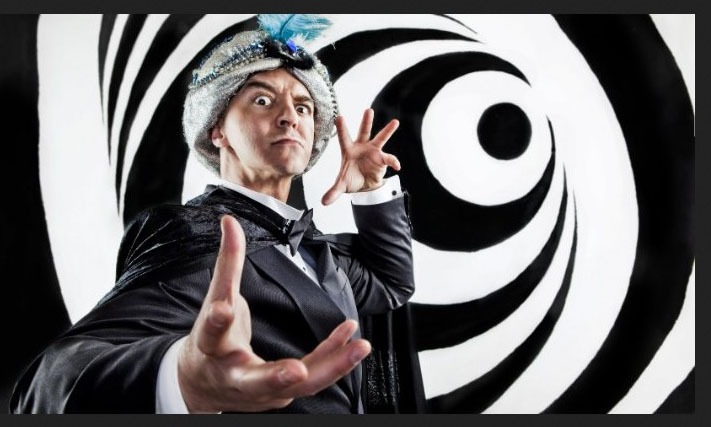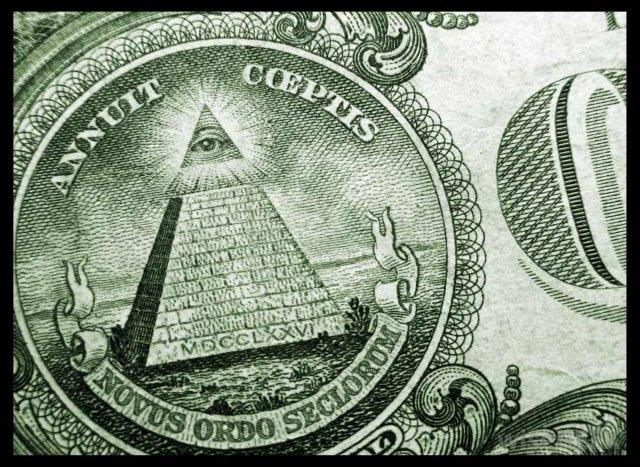By Doug “Uncola” Lynn via TheBurningPlatform.com
– Unthinking respect for authority is the greatest enemy of truth.
Albert Einstein
– It is difficult to get a man to understand something when his salary depends on his not understanding it.
– Fascism is capitalism plus murder.
Upton Sinclair
Supposedly, a mid-nineteenth-century American Medical Association pamphlet quoted Vladimir Lenin as saying: “Socialized medicine is the keystone to the arch of a socialized state.” Although online fact-checkers claim there is no “credible source” proving Lenin actually made that claim, it does appear to be an accurate observation.
After all, before becoming President of the United States, Ronald Reagan identified “medicine” as a traditional method of “imposing statism or socialism” on people. In the same 1961 speech, Reagan claimed that it is “very easy to disguise a medical program as a humanitarian project” but, once the precedent is established, government would, in turn, form a dictatorship over the healthcare system prior to the “short step” to “all the rest of socialism” encroaching throughout society.
Four years after Reagan’s warning to America, Medicare began in 1965 as a federal health insurance program under the auspices of the Security Administration (SSA). And, today, the program is administered by the Centers for Medicare and Medicaid Services (CMS).
Continue reading “Political Purges Emerge Through the Compliance of Those Following Orders”













